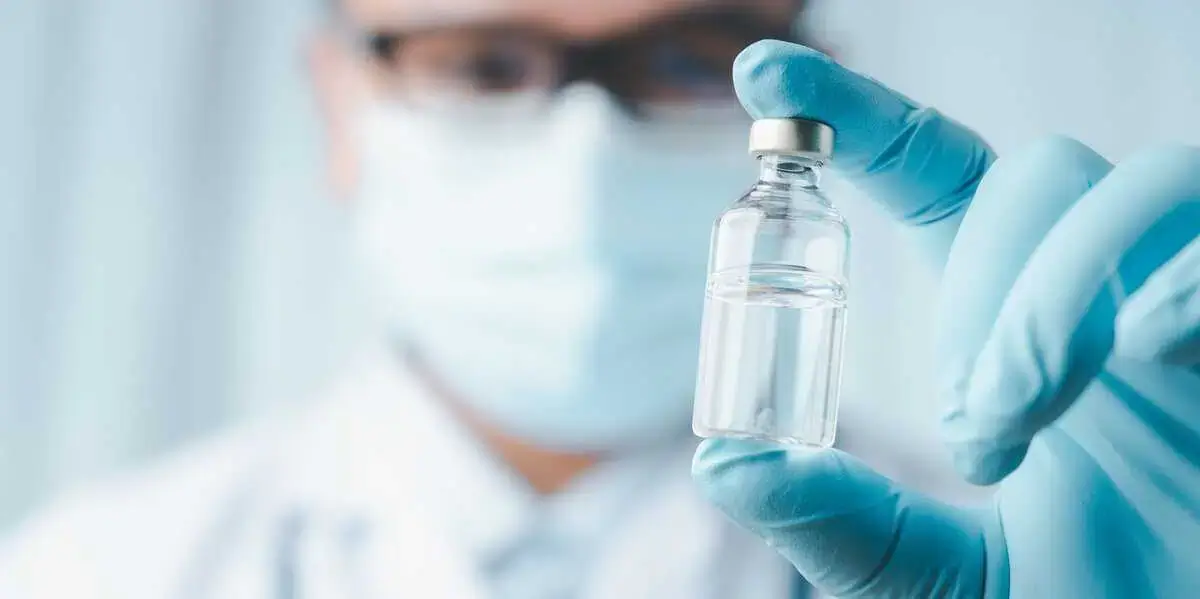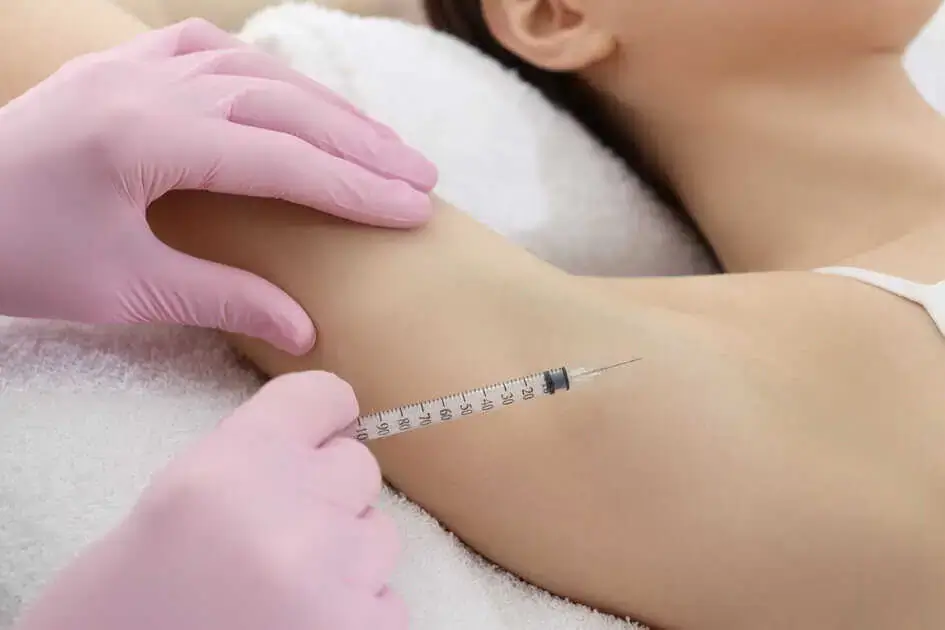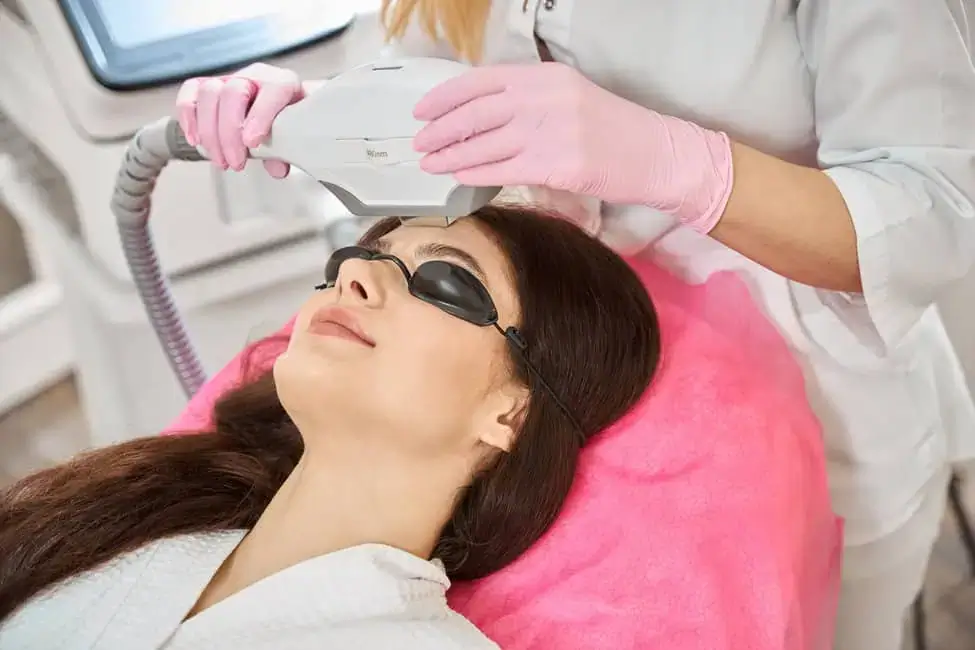
Acne scars are a shared concern for many individuals, often causing emotional distress and a loss of confidence. While acne scars can be formidable to treat, chemical peeling is a promising option for improving appearance. Chemical peeling involves using a chemical solution to remove the outer layer of skin, promoting the growth of new, healthy skin cells.
However, while chemical peeling can effectively treat acne scars, it is essential to understand its potential benefits and risks. In this article, we will investigate the use of chemical peeling for treating acne scars, including its benefits, risks, and aftercare.
Chemical peeling is a popular cosmetic procedure that concerns the application of a chemical formula to the skin, intending to improve its appearance and texture. The solution used in the process can be made up of various chemicals, including glycolic acid, salicylic acid, trichloroacetic acid (TCA), and phenol. The depth of the peel can vary based on the type of chemical solution used and the specific skin condition being treated.
Chemical peels can treat various skin conditions, including acne scars, age spots, wrinkles, and hyperpigmentation. They can also be used to enhance the general texture and appearance of the skin. Chemical peels are typically categorized into three types: superficial, medium, and deep.
The solution is applied to the skin during a chemical peel and left on for a specific time. The solution works by breaking down the bonds that hold the outer layer of skin together, causing it to eventually peel off and reveal smoother, more youthful-looking skin underneath. The procedure can be performed in a doctor’s office or at a medical spa and typically takes 30 minutes to an hour to conclude, depending on the depth of the peel.
One of the most familiar applications of chemical peeling is treating acne scars. Acne scars result from inflammation caused by acne and can range from mild to severe. While various treatments are available for acne scars, chemical peeling is a popular choice due to its effectiveness and relatively low risk of complications.
A few approaches can be taken when addressing acne scars with chemical peeling. Superficial peels, the mildest form of chemical peeling, can effectively treat minor acne scars. These peels work by removing the outer layer of the skin, which can help to reduce the appearance of scars and improve skin texture.
For more severe acne scars, medium or deep peels may be required. These peels are more aggressive and work by penetrating deeper into the skin to stimulate collagen production and improve skin texture. While they can be more effective for treating severe acne scars, they also come with a higher risk of complications, such as scarring and changes in skin pigmentation.
It is worth noting that chemical peeling for acne scars is not a one-time procedure, and multiple treatments may be required to achieve the desired results. Additionally, follow the aftercare instructions supplied by your doctor to lower the chance of complications and ensure proper healing.
While chemical peeling is generally considered safe, some individuals should not try this treatment. Firstly, individuals with a history of abnormal skin pigmentation, such as keloids or vitiligo, should avoid chemical peeling as it can exacerbate these conditions. Likewise, pregnant or breastfeeding women are urged to avoid chemical peeling as the effects of these treatments on fetal development and lactation are unknown.
Individuals with specific medical ailments, such as autoimmune disorders, active infections, or a history of skin cancer, may also be advised against chemical peeling. Additionally, individuals currently taking medications that can make the skin more sensitive, such as isotretinoin or certain antibiotics, should not undergo chemical peeling until they have finished their course of treatment.
Even individuals who do not fall into these categories should consult a qualified healthcare professional before undergoing chemical peeling. Your doctor can help determine whether chemical peeling suits you and what type of peel is best suited for your needs and skin type.
After undergoing a chemical peel, properly caring for your skin is vital to promote healing and prevent complications. The specific aftercare instructions you receive will depend on the type of peel you undergo and the individual characteristics of your skin. However, some general aftercare guidelines are commonly recommended.
Firstly, avoid direct sunlight for at least a week after a chemical peel, as your skin will be more sensitive to UV rays. When you go outside, wear broad-spectrum sunscreen with an SPF of at least 30 and shielding clothing, such as a wide-brimmed hat and long sleeves.
Keep your skin well-hydrated after a chemical peel using a gentle, fragrance-free moisturizer. This can help soothe any dryness or irritation after the treatment.
Avoid exfoliating or scrubbing your skin for at least a week after a chemical peel, as this can disrupt recuperation and cause further irritation. Instead, use a gentle cleanser to keep your skin clean, and avoid using any products that contain retinol or alpha hydroxy acids until your skin has fully healed.
If you experience discomfort, redness, or other unusual symptoms after a chemical peel, contact your healthcare provider immediately. In some cases, extra treatment or prescription may be required to promote healing and prevent complications.
If you’re interested in exploring the benefits of chemical peeling for acne scars, look no further than Gig Harbor Aesthetics. Our team of experienced skin care professionals assists you to achieve your desired results in a safe and comfortable environment.
Contact us for a consultation and learn more about our chemical peel treatments. Don’t let acne scars hold you back – take the first step towards clear, smooth skin with Gig Harbor Aesthetics.





BOOK YOUR CONSULTATION